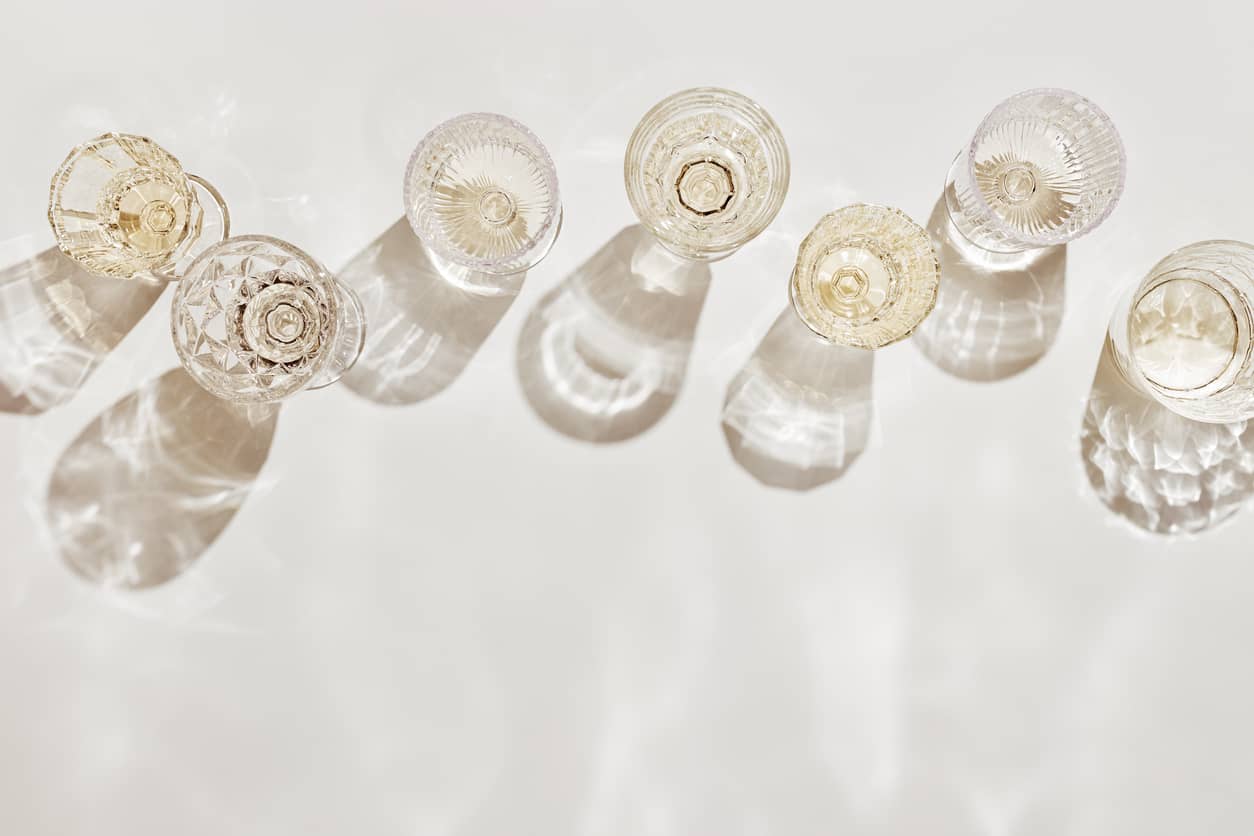
Alcohol Addiction
Alcohol addiction is a worldwide phenomenon estimated to affect more than 283 million people (5% of the adult population. Three million deaths each year (5% of total mortality) can be associated with alcohol, with 5% of this number being explicitly attributed to an alcohol use disorder. Approximately 20-36% of people seen by a primary care physician have some sort of alcohol use disorder, and many of these cases are untreated.
What is Alcohol Addiction?
Alcohol addiction or alcohol use disorder is categorized as a pattern of alcohol use that causes significant impairment or distress. Common questions that can be asked to determine the presence of alcohol addiction or alcohol use disorder include the CAGE questionnaire:
- Have you ever felt you should cut down on your drinking?
- Have people annoyed you by criticizing your drinking?
- Have you ever felt bad or guilty about your drinking?
- Have you ever had a drink first thing in the morning to steady your nerves or get rid of a hangover (eye-opener)?
How does alcohol addiction affect you and the people around you?
Excessive alcohol use has severe physical and social comorbidities attributed to it. Alcohol remains the third leading cause of preventable mortality in the United States, attributed to 85,000 deaths yearly. Binge drinking, heavy weekly alcohol consumption, and drinking while underage/pregnant have resulted in 1/10 deaths in working-age adults. These deaths are related to suicide, exacerbation of other medical comorbidities, and fatal accidents.
Alcohol use has been directly linked to exacerbations of both psychiatric and medical comorbidities, including: hypertension, cardiovascular disease, liver disease, pancreatitis, gastritis, esophagitis, bone marrow suppression, peripheral neuropathy, chronic infectious disease, pneumonia, several malignancies, HIV, depression, anxiety, PTSD, eating disorders, other substance use disorders, sleep disorders, and suicide.
What treatments are available?
There are both effective psychosocial and medical therapies available for the treatment of alcohol use disorder. They can be used alone or in combination with one another. Initiation of treatment begins with an evaluation for possible withdrawal. Immediate cessation in patients at risk for withdrawal may not follow through with treatment. Those with excessive use may precipitate a life-threatening manifestation of withdrawal called Delirium Tremens.
Psychosocial
All patients with alcohol use disorder are encouraged to participate in psychosocial treatment. This includes counseling or participation in mutual-help groups. Often in mild cases, these may be sufficient in treatment. Options for psychosocial treatment includes CBT, 12-step facilitation, motivational interviewing, and group therapy can be used singularly, in a multimodal format, or in combination with medical therapy depending on the severity of the case, patient’s preference and willingness, social support of the patient, and other factors.
Medications
Naltrexone or acamprosate is typically the first line in use for alcohol use disorder. Naltrexone can be used while an individual is still drinking. Naltrexone is generally given in the form of 1 pill daily or through monthly injection. In contrast, acamprosate is given in the form of 2 pills three times daily. Factors that may impede medication include liver disease. In this case, it is recommended to use acamprosate over naltrexone due to the hepatotoxic effect of naltrexone or Baclofen. On the other hand, renal impairment contraindicates acamprosate, which is renally excreted.
Another medical option includes Disulfiram which can be used in abstinent patients. This medication prevents part of the pathway in ethanol's metabolism, which causes biologically adverse effects when alcohol is ingested, providing a deterrent for alcohol use.
Schedule an Appointment Today!
Quickly schedule a preferred appointment time for any of our 360° Wellness services. Improving your complete wellness is our top goal. Have another question or want to contact us?
Book NowOpiate Addiction
Addicts are often misunderstood. Some say that addiction is a choice. But it’s not. Addiction is a disease, and not merely lack of willpower and moral principles. Understanding addiction at a deeper level, knowing the why and how these people become addicted to drugs like opiate, is an important part of its treatment. Treating addiction as a medical condition paves the way to a faster and more efficient recovery.
Since opiate addiction, like any other addiction is a medical condition, it must be treated as such. You cannot simply encourage one to stop. Breaking free from any form of addiction takes more than just willpower and encouragement. Treating opiate addiction includes a combination of therapies, medications, activities and lifestyle changes. The treatment is a process, designed to help the individual get his or her way back to an opiate addiction-free life. The goal is long-term and the approach is holistic. That is what we can assure to our patients here at Valbuena Wellness.
As a holistic wellness center, we are well positioned to offer you the right combination of treatments and protocols to treat opiate addiction, including the withdrawal symptoms and the rehabilitation of the patient. Our professionals have deep understanding and training about addiction and know exactly how to deal with people who have become addicted to opiate and other drugs.

How the Valbuena Wellness Center is Different
Holistic view of your health.
Variety of specialists providers to address your needs.
Personalized approach to care.
Caring and compassionate staff.
Empowering treatments to improve your quality of life.
Collaborative providers keep you active in your care.
